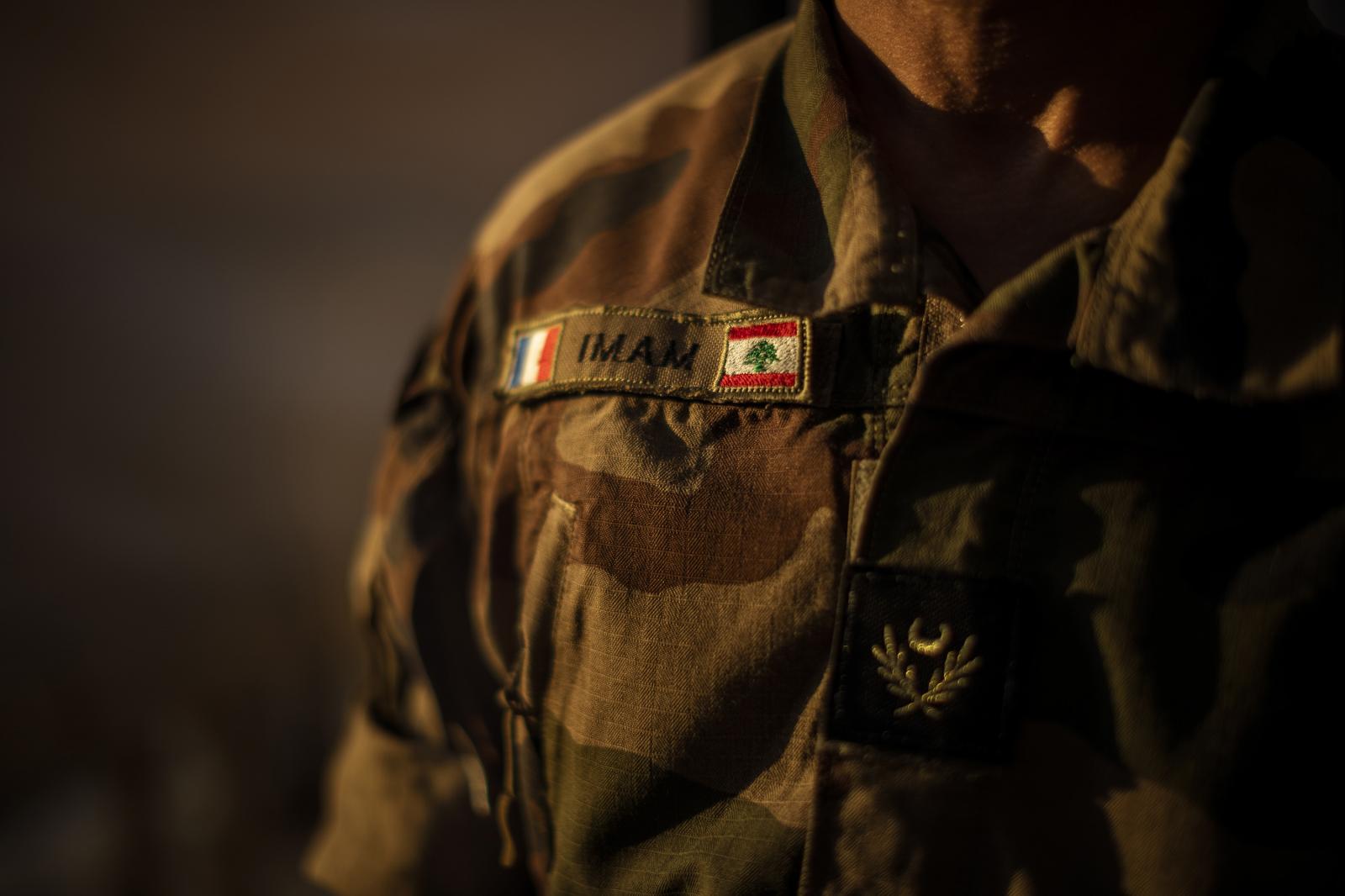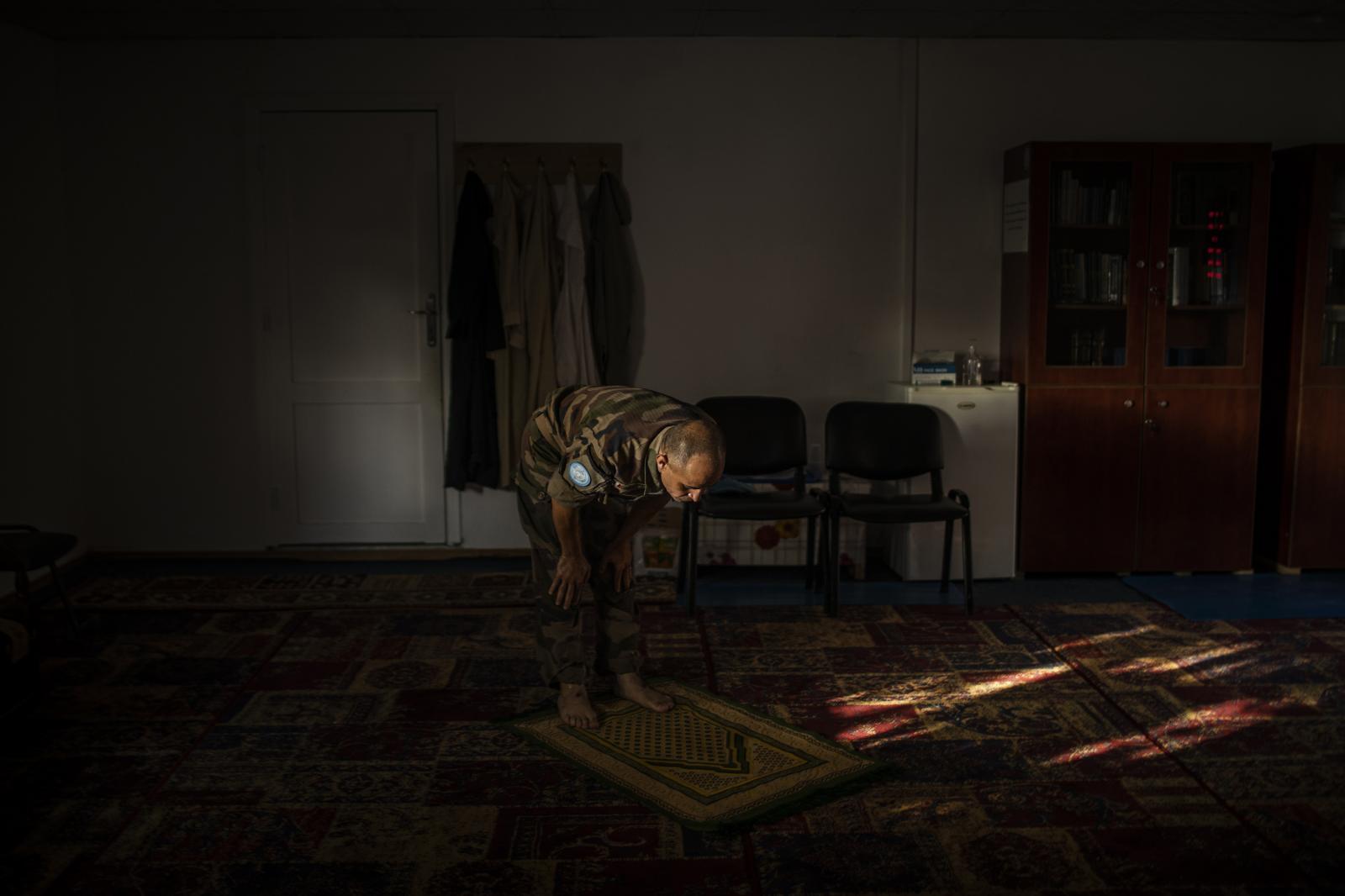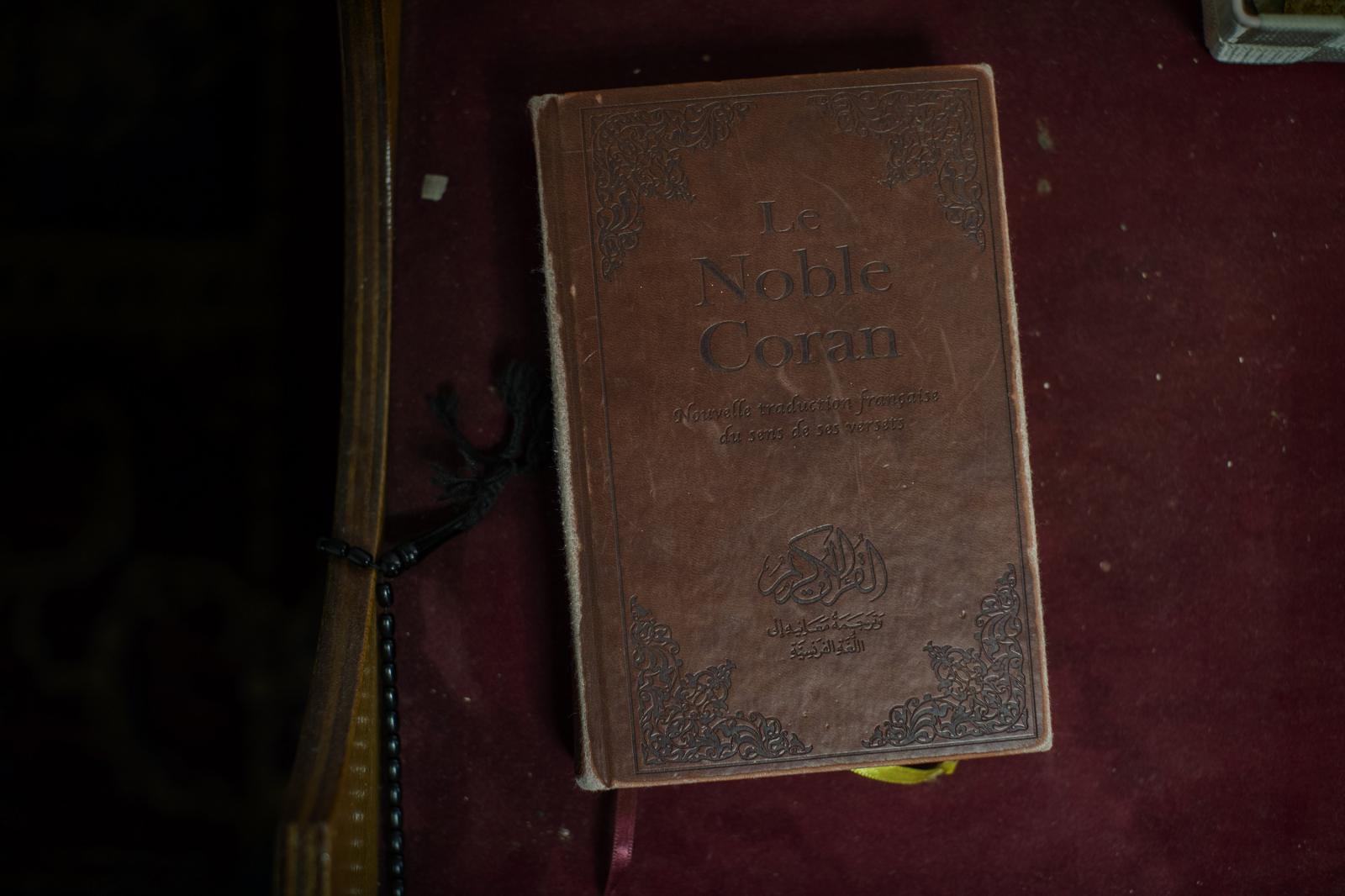Public Project
Faith in French Army
In France’s military, Muslims find a tolerance that is elusive elsewhere
For the past two decades, as France’s Muslim population has sought a greater role in the nation, officials have often tried to restrict Islam’s public presence under an increasingly strict interpretation of French secularism, known as laicite.
A law aimed at the Muslim veil in 2004 banned the wearing of religious symbols in public schools and prompted years of anguished debates over France’s treatment of its Muslim population, Europe’s largest. A new law against Islamism by President Emmanuel Macron is expected to strengthen government control over existing mosques and make it harder to build new ones.
But one major institution has gone in the opposite direction: the military.
A law aimed at the Muslim veil in 2004 banned the wearing of religious symbols in public schools and prompted years of anguished debates over France’s treatment of its Muslim population, Europe’s largest. A new law against Islamism by President Emmanuel Macron is expected to strengthen government control over existing mosques and make it harder to build new ones. But one major institution has gone in the opposite direction: the military. The armed forces have carved out a place for Islam equal to France’s more established faiths — by hewing to a more liberal interpretation of laicite. Imams became chaplains in 2005. Mosques have been built on bases in France and across the world, including in Deir Kifa, where about 700 French soldiers help a United Nations force keep peace in southern Lebanon. Halal rations are on offer. Muslim holidays are recognized. Work schedules are adjusted to allow Muslim soldiers to attend Friday Prayer.
3,268

















